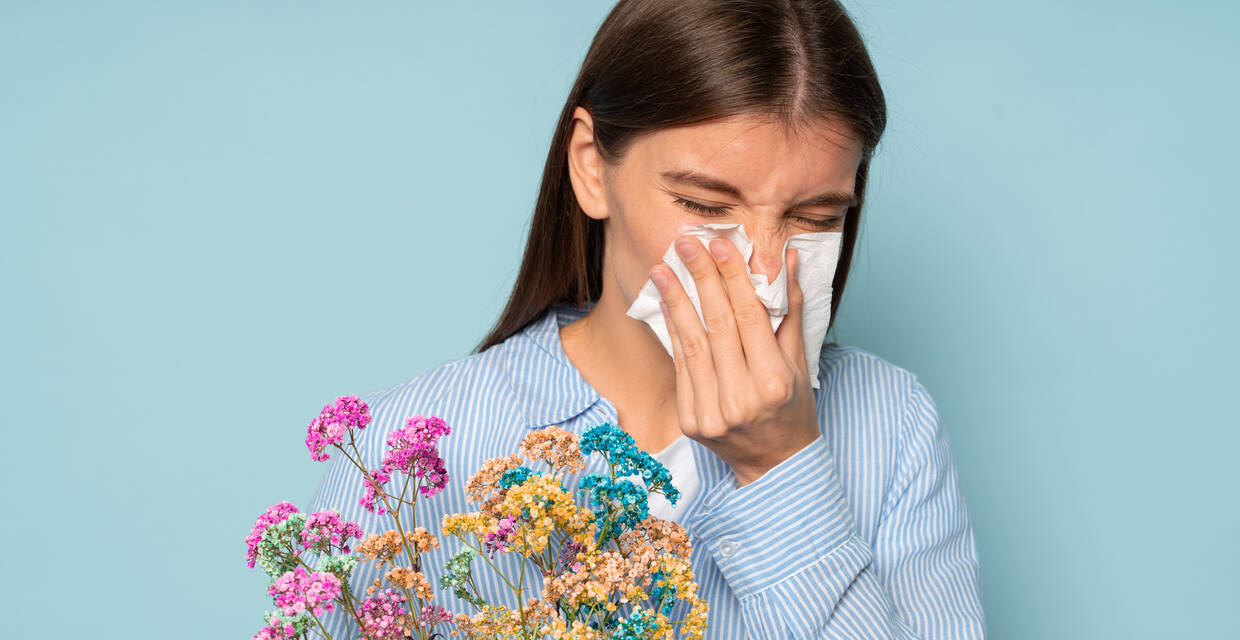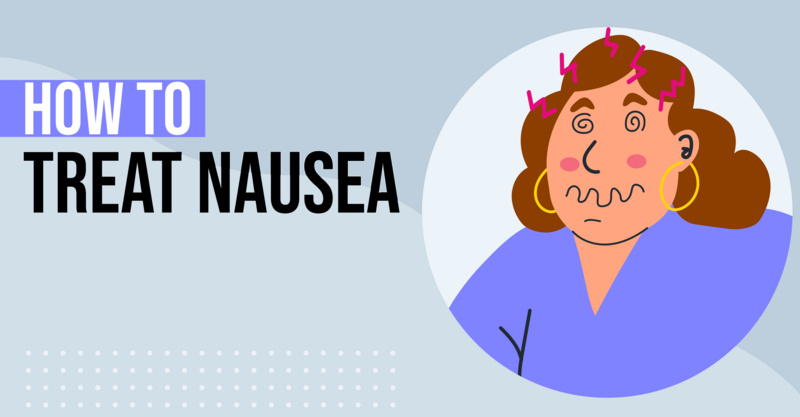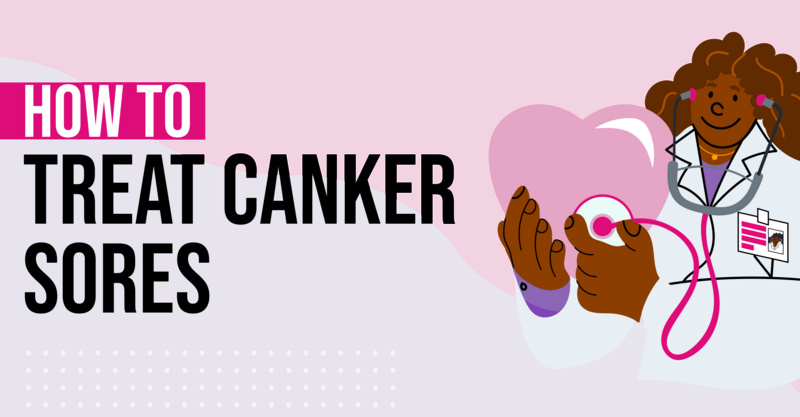Key Points
- The article explores natural remedies and lifestyle modifications that can help manage allergy symptoms, which are immune system reactions to foreign substances.
- Ten natural remedies for seasonal allergies are highlighted, including foods high in omega-3 fatty acids, nasal filters, supplements like quercetin, vitamins, acupuncture, probiotics/prebiotics, spirulina, honey, air filters, and apple cider vinegar.
- Lifestyle changes such as avoiding exposure to cold air, using air purifiers, staying hydrated, managing stress, using a humidifier, regular cleaning, and washing linens frequently are also recommended.
- The article underscores the importance of consulting a healthcare professional before starting new remedies or making significant lifestyle changes, particularly for individuals with severe allergies or other health conditions.
If you suffer from allergies, you may be considering natural medicines to help alleviate your symptoms. Natural medications can work alongside traditional allergy medications to ease or eliminate uncomfortable allergy symptoms. It's important to consult with your doctor before starting any new allergy treatment to ensure it is safe and effective for your specific needs.
Common Allergy Symptoms
Allergies can strike in a multitude of ways, affecting individuals differently depending on their sensitivity and the allergen involved, according to the Cleveland Clinic. First, it’s important to define what allergies are. According to the Cleveland Clinic, allergies are the immune system's reaction to a foreign substance that can cause a range of symptoms, some of which are merely irritating, while others can be quite debilitating. The Cleveland Clinic notes that recognizing common allergy symptoms is the first step in managing them effectively.
Here are several symptoms that people commonly experience when they have allergies, according to the Cleveland Clinic:
-
Runny or itchy nose
-
Coughing
-
Trouble breathing or wheezing
-
Diarrhea
-
Nausea (more common with food allergies)
-
Abdominal cramps (more common with food allergies)
Keep in mind that this is not an exhaustive list, and symptoms can vary in intensity, according to the Cleveland Clinic. They recommend that if you experience any of these symptoms, it's important to speak with a healthcare professional for proper diagnosis and treatment.
10 Natural Remedies for Seasonal Allergies
Seasonal allergies, also known as hay fever, can significantly disrupt daily life with their bothersome symptoms. While over-the-counter medications are commonly used to manage these symptoms, many individuals seek out natural remedies as a complementary or alternative approach. These natural solutions can help ease the discomfort associated with seasonal allergies and may offer relief for those looking for more holistic options, according to WebMD. Below are ten natural remedies that may help soothe your seasonal allergies:
1. Foods
Certain foods have natural antihistamine properties that may help reduce allergy symptoms, according to Healthline. They note that these include foods rich in omega-3 fatty acids, like salmon and flaxseeds, which can help fight inflammation.
2. Nasal Filters
These are small devices that fit inside the nostrils and can help filter out pollen and other allergens, potentially reducing nasal allergy symptoms, according to WebMD.
3. Supplements
Some supplements, such as quercetin, can help stabilize the release of histamines from cells and reduce inflammation, offering relief from allergy symptoms, according to WebMD.
4. Vitamins
Vitamin C is an immune system booster and natural antihistamine. A daily dose of vitamin C can help in managing the severity of allergy symptoms, according to Healthline.
5. Acupuncture
This traditional Chinese medicine technique may help to relieve allergy symptoms for some people by stimulating the body's natural healing processes, according to Healthline.
6. Probiotics/Prebiotics
These support gut health and can influence the immune system, potentially leading to reduced allergy symptoms, according to WebMD.
7. Spirulina
This blue-green algae supplement has been studied for its potential to improve allergy symptoms by inhibiting the release of histamines, according to Healthline.
8. Honey
Consuming local honey is thought to help the body adapt to the local pollen, potentially reducing allergy symptoms, according to Healthline. However, they also note that scientific evidence to fully support this claim is limited.
9. Air Filters
Using a high-efficiency particulate air (HEPA) filter in your home can trap allergens like pollen, dust mites, and pet dander, reducing indoor allergy triggers, according to WebMD.
10. Apple Cider Vinegar
Some people believe that a mixture of apple cider vinegar, water, and honey can help alleviate allergy symptoms, possibly due to its ability to reduce mucus production and cleanse the lymphatic system, according to Healthline.
11. Saline Rinse
Using a saline rinse for nasal irrigation can help remove allergens like pollen from your nasal passages and sinuses. A neti pot is a common tool used for this purpose, according to Healthline. They note that it is important not to use tap water and to follow the neti pot instructions for doing a sinus rinse carefully.
Remember, while these remedies may offer relief, they are not a substitute for professional medical advice or treatment. Always consult with a healthcare provider before trying new remedies, especially if you have severe allergies or other health conditions.
7 Lifestyle Changes to Manage Seasonal Allergies
Adapting your lifestyle can play a significant role in managing seasonal allergies, according to Healthline. They note that while medication can be effective, incorporating certain changes into your daily routine may help mitigate the severity of your symptoms and improve your overall well-being during allergy season.
Here are five to seven lifestyle adjustments to consider for better managing your seasonal allergies:
1. Avoiding Exposure to Cold Air
Cold air can sometimes exacerbate allergy symptoms, so it's wise to limit your exposure during chilly days, according to Healthline. They recommend wrapping up warmly if you need to go outside and try to breathe through your nose to warm the air before it enters your lungs.
2. Trying Air Purifiers
An air purifier with a HEPA filter can remove a high percentage of airborne allergens from your indoor environment, such as pollen, dust mites, and pet dander, which are common triggers for allergy symptoms, according to Healthline.
3. Staying Hydrated
Keeping your body well-hydrated is essential for maintaining healthy mucous membranes, according to WebMD. They explain that drinking plenty of fluids can help keep your nasal passages moist and more capable of flushing out allergens.
4. Avoiding Stress
Stress can worsen allergy symptoms, so finding ways to relax and manage stress can be beneficial. Techniques like meditation, yoga, or deep-breathing exercises can help keep stress levels in check.
5. Using a Humidifier
Dry air can irritate your respiratory system, so using a humidifier to maintain a comfortable level of humidity in your home might help alleviate allergy symptoms, according to WebMD. However, they note that you should be careful not to over-humidify as this can promote the growth of mold and dust mites.
6. Regular Cleaning
Dust and vacuum your home regularly to reduce the presence of allergens, according to WebMD. They recommend using a vacuum cleaner with a HEPA filter can trap a greater number of small particles and prevent them from being redistributed in the air. Additionally, change your filters and clean more often if the pollen counts are high in your area. You can check pollen counts in your area online.
7. Washing Linens Frequently
Bedding, curtains, and other linens can harbor allergens, according to Healthline. They note that washing them in hot water weekly can help reduce your exposure to these triggers.
Implementing these lifestyle changes can be a proactive approach to managing seasonal allergies. However, it's always important to consult with a healthcare professional for personalized advice and to ensure that your allergy management plan is appropriate for your specific situation.
Allergy testing near me
Use Solv to find allergy testing near you, getting allergy testing can help you find the best remedies for allergies. Additionally, allergy testing can help determine if you are a candidate for allergy shots.
Frequently asked questions
What is the strongest natural antihistamine?
The strongest natural antihistamine is quercetin, a plant pigment found in many fruits, vegetables, and grains, according to VeryWellHealth. They note that quercetin has been shown to have potent anti-allergy properties by inhibiting the release of histamine and other inflammatory chemicals in the body, making it a popular choice for managing allergy symptoms naturally.
What cures allergies quickly?
While there is no quick cure for allergies, some people find relief from symptoms by using a combination of natural remedies along with lifestyle changes like using air purifiers and avoiding allergens, according to the Cleveland Clinic. It's important to note that individual responses to treatments can vary, and it's best to consult with a healthcare professional for personalized advice.
What vitamin is a natural antihistamine?
Vitamin C is a natural antihistamine that can help reduce allergy symptoms, according to Healthline. They explain that it acts as a natural antihistamine by reducing the release of histamine in the body and also possesses anti-inflammatory properties. Incorporating vitamin C-rich foods such as oranges, strawberries, and bell peppers into your diet can potentially help alleviate allergy symptoms.
What is the best herb for allergies?
One of the best herbs for allergies is stinging nettle, according to Mount Sinai. They note that the nettle leaf has been used for centuries as a natural remedy for hay fever and other allergies. It contains bioactive compounds that may help reduce inflammation and histamine production, leading to relief from allergy symptoms. Nettle leaf can be consumed as a tea, tincture, or in supplement form to help manage allergies naturally.


 LinkedIn
LinkedIn










